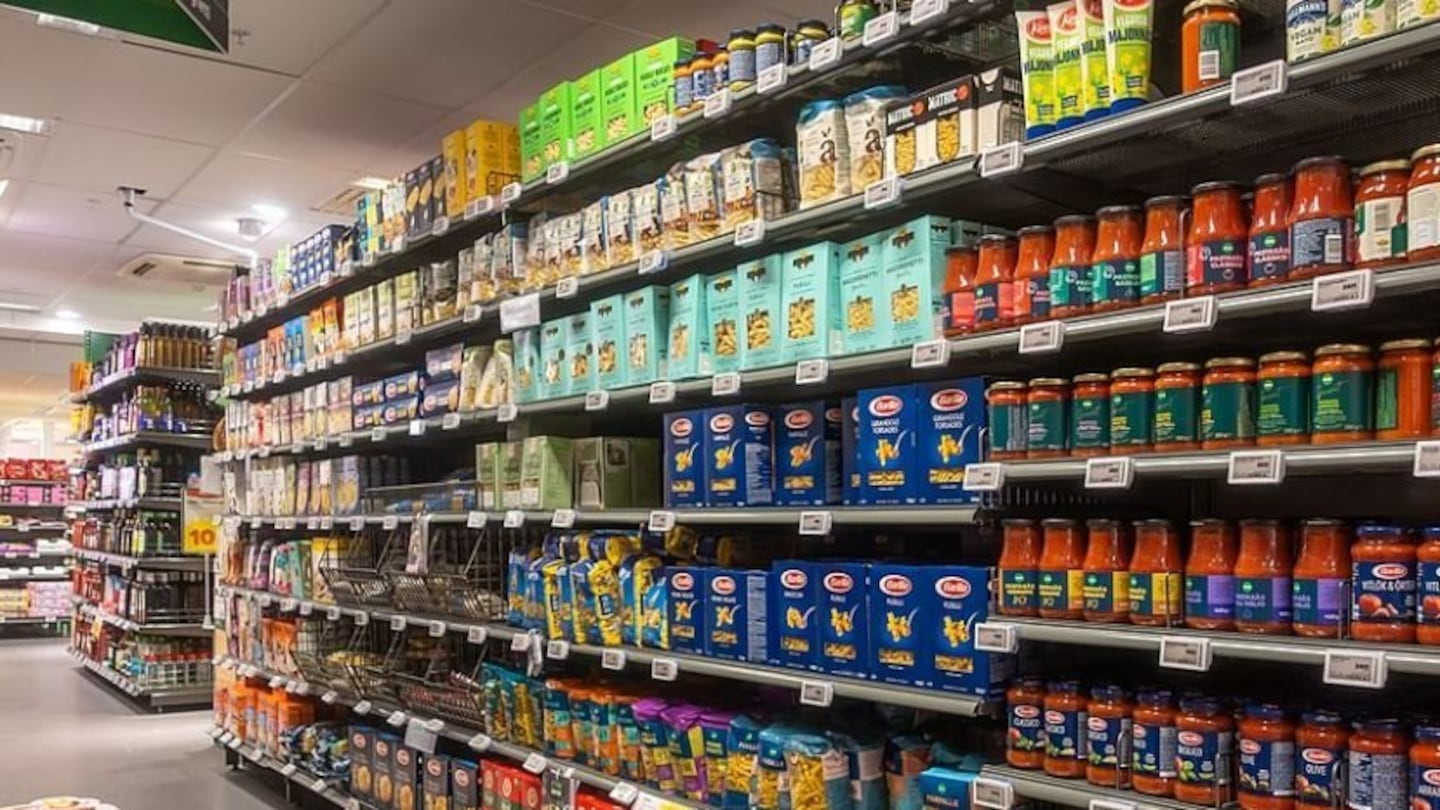Tiny online grocer Supie said the government's announcement today it would regulate the grocery sector would not do anything to ease the pain consumers are facing at the checkout.
In fact, Supie believes the increased costs due to compliance would have the completely opposite effect.
The government today decided to adopt the Commerce Commission’s grocery sector market study recommendations for an industry regulator, a mandatory code of conduct, compulsory unit pricing on groceries and more transparent loyalty schemes but said it would go harder than the ComCom recommended in several areas and that it was putting the industry duopoly “on notice” that regulation was on the way.
The Comcom report had found supermarkets earn $1 million a day in excess profits, straight from the pockets of Kiwi consumers.
“The government and New Zealanders have been very clear that the supermarket industry doesn’t work. It’s not competitive and shoppers aren’t getting a fair deal. The duopoly needs to change, and we are preparing the necessary legislation to do that,” Commerce Minister David Clark said.
‘Can’t wait’
“I spoke with both supermarket companies this afternoon to make this very clear. They know what is expected from them and the length of time we are prepared to give them to change before regulation kicks in.
“Given the pressure New Zealanders are under due to global inflation and cost of living increases, we can't afford to wait three years. Budget 2022 delivered a cost of living payment for about 2.1 million Kiwis to help with the impact of rising prices and fixing our supermarket sector is another action the government can take.
“Our supermarkets know they’re in the spotlight, and we’ve recently seen some posturing around price rollbacks. However, it doesn’t fix the systemic problem at large – which is a lack of genuine competition in the sector.
“Alongside the retail stores, supermarkets have wholesale arms. We are calling on the duopoly to open these up to would-be competitors, at a fair price. Do this knowing the Government is determined to get a regulatory backstop finalised by the end of the year.
“If supermarkets do not strike good-faith wholesale deals with their competitors – our regulatory measures will make it happen for them. We are not afraid to unlock the stockroom door to ensure a competitive market.
“We are taking these actions because if competitors don’t have proper access to wholesale goods, there’s no real incentive to enter the market. You can’t run supermarkets with empty shelves. And the New Zealand market clearly needs more competition.
Clark also warned MBIE is also looking at requiring major grocery retailers to divest some of their stores or retail banners. “Obviously this is a longer-term piece of work due to its complexity,” he said.
‘Making things worse’
But online grocer Supie founder Sarah Balle said putting a regulatory backstop on voluntary wholesale supply was in effect giving more power to the duopoly, as New Zealand’s food system became more reliant on the duopoly and their supply chains.
She said this came at a time supermarkets are becoming increasingly less trusted, as reported by Consumer NZ last week.
“We have to remember that the duopoly is a business - they will cover their costs to develop wholesale supply and then add a margin before selling to other retailers. Retailers also need to cover their costs and make a margin, resulting in the price that gets charged to consumers. As far as I am concerned this is incredibly inefficient and will not result in cheaper groceries across New Zealand.” Balle says.
Iwi consortium
When the Commerce Commission held its hearings into the industry, former 2 Degrees campaigner Tex Edwards told it he and a consortium of iwi were looking at the feasibility of a new Māori-owned chain that would offer cheaper prices for cash-strapped whānau, and keep grocery chains in Kiwi hands.
"Supermarkets fit well with our values and a focus on health outcomes for Māori," he said reading a statement from the group at the hearing.
Edwards says central to the group's formation was the ousting of many of iwi-owned seafood chain Sealord's products from New World and Pak'N'Save' freezers. A Māori-owned chain would offer dozens of benefits including secure distribution for Māori products, he says.
Today Clark was asked if there had been a consideration for iwi to enter the market. He said he hadn't consulted with iwi but he was open to it.
‘Won’t help cost of living’
Meanwhile, National’s Commerce and Consumer Affairs spokesperson Andrew Bayly said many of the moves announced today were welcome and National would support them,” just as we supported legislation to remove restrictive covenants on land by the supermarket chains.
“But none of the changes announced by David Clark are likely to have a meaningful impact on the cost of living for households facing the highest inflation in 30 years.
“The government is keen to look tough, claiming it has put supermarkets ‘on notice’, but its own policies have contributed to the current cost of living crisis.
“Even the grocery sector is unlikely to see meaningful change on the basis of the government’s moves. A mandatory code of conduct and an industry regulator are a step in the right direction but new entrants are not holding back from entering the New Zealand market because these are not in place.”



